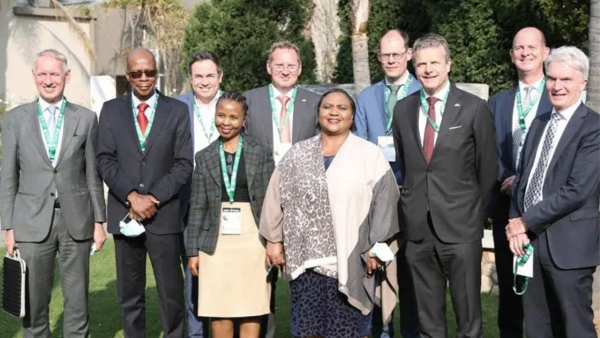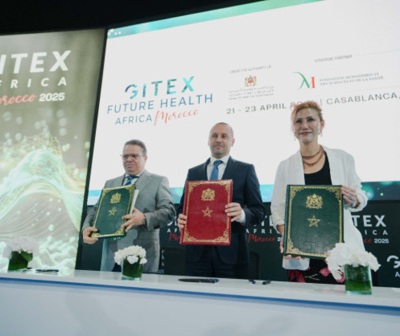The digitalization of trade processes helps avoid administrative delays. By rolling out the electronic phytosanitary certification platform, South Africa wants to reduce fraud and save time.
The South African Ministry of Agriculture presented its online phytosanitary certification system last May 9. It thus became the second African country to introduce such a certification system after Morocco (in 2020).
The platform accelerates the issuance of phytosanitary documents, which are necessary for the exportation of farm products. It also guarantees the credibility of the inspections carried out by the national plant protection organization NNPOZA while boosting the trust of foreign partners’ certification agencies, notably in European markets that have adopted the e-phytosanitary system.
According to a media advisory published by the Ministry on May 8, with the e-certification system, phytosanitary applications are fully managed online, the responses are automatic upon completion of the application. Also, applicants can track the status of their applications. The system reduces “fraudulent activities related to phytosanitary certificates,” the media advisory explains.
Once approved the certificate is issued and sent directly to the requester’s email. The latter can share it directly with trading partners who will, in turn, send it to the national plant protection agencies in exporting countries. The authenticity of those certificates can be verified via the International Plant Protection Convention (IPPC)’s platform. Therefore, South African exporters will no longer face suspensions about the quality of their products. The issue used to delay the entrance of their products into destination countries because of the additional inspections required.
South Africa’s phytosanitary e-certification system is the result of a collaboration between the local government and the Netherlands. The process started in November 2019, with the dematerialization of phytosanitary procedures for grape exporters. Months later, in April 2020, citruses and other plant products were added to the list of farm products whose phytosanitary certificates can be requested online. In April 2021, the whole procedure was dematerialized.
“We are delighted to have reached this milestone within a short time and we also owe the existence of this system to our industry. We had extensive stakeholder consultations and ensured that there was awareness created and therefore a better opportunity to implement the painful process of change management with ease,” said Minister of Agriculture Thokozile Didiza.
For the government official, the next step will be to “further collaborate with the Netherlands on the boarding of animal products for exports and the imports of plants, animals and their products.”
“In line with our commitment towards achieving the ideals of agenda 2063 of the African Union, South Africa commits to extending our experiences to assist fellow African countries to also join and have e-certification systems. (...) This will also help us to broaden trade through the Africa Continental Free Trade Area, especially its annexure on sanitary and phytosanitary measures,” Didiza added.
Muriel Edjo



















